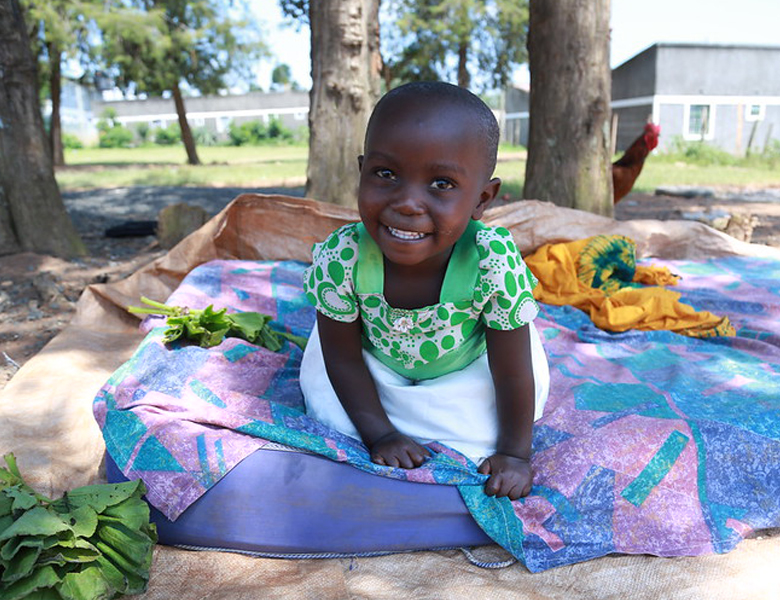
Malnutrition is a widespread problem in Côte d’Ivoire, where nearly half of the population lives in poverty and approximately one in three children under five suffers from chronic malnutrition or stunting. Malnutrition rates are highest in the Poro region in the Savanes districts in the northern part of the country. BGR partner Helen Keller International (HKI) has been working in communities of the Poro region since 2013 to increase production, access, and consumption of nutritious foods, particularly by women and children; improve household incomes; and provide education related to infant and child nutrition, hygiene, sanitation, and health.
This project will build on previous BGR–HKI health-care-training programs in the Poro region, funding supervision and training in 20 existing health centers and adding 14 new centers to the program. This work will provide an estimated 20,000 people with improved nutrition and health care services. The project will also construct a borehole and irrigation system that will serve 1,000 people.

Malnutrition is a widespread problem in Côte d’Ivoire, where nearly half of the population lives in poverty and approximately one in three children under five suffers from chronic malnutrition or stunting. Malnutrition rates are highest in the Poro region in the Savanes districts in the northern part of the country. BGR partner Helen Keller International (HKI) has been working in communities of the Poro region since 2013 to increase production, access, and consumption of nutritious foods, particularly by women and children; improve household incomes; and provide education related to infant and child nutrition, hygiene, sanitation, and health.
This project will build on previous BGR–HKI health-care-training programs in the Poro region, funding supervision and training in 20 existing health centers and adding 14 new centers to the program. This work will provide an estimated 20,000 people with improved nutrition and health care services. The project will also construct a borehole and irrigation system that will serve 1,000 people.




